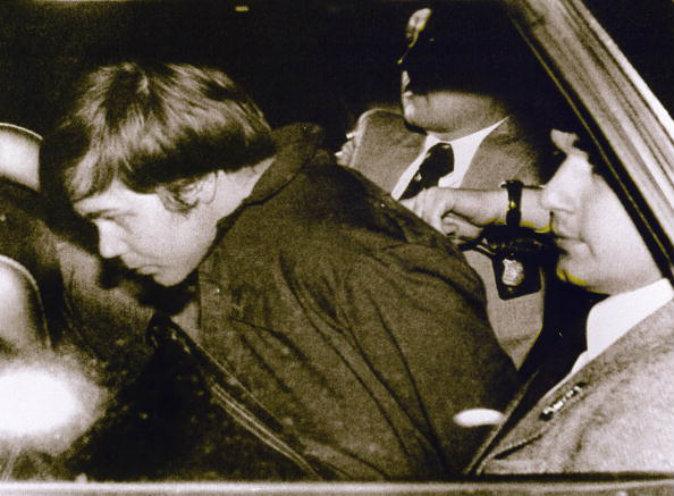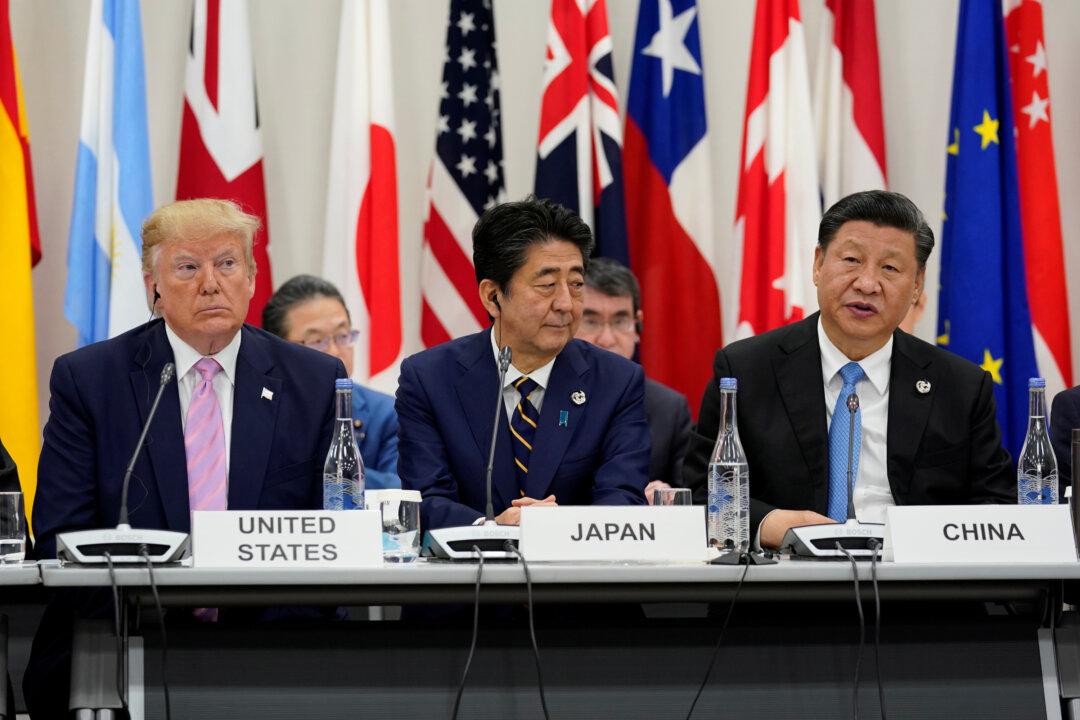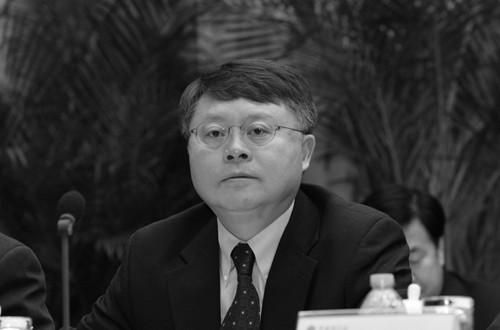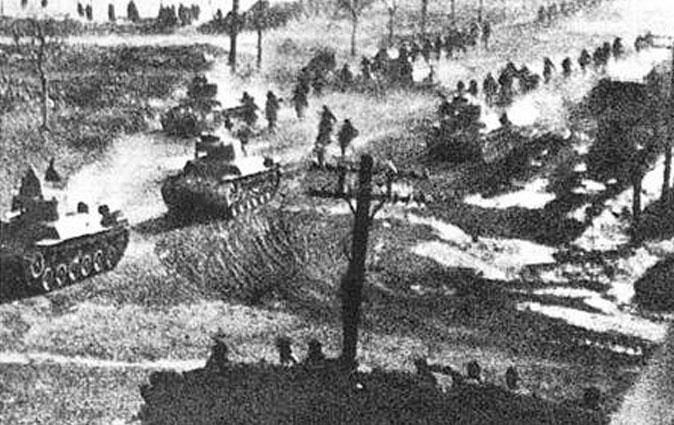John W. Hinckley Jr., the man infamous for trying to assassinate former president Ronald Reagan, is set to be released from his 34-year psychiatric hospital stay.
U.S. District Judge Paul L. Friedman ruled on Wednesday that Hinckley no longer poses any danger to himself or others.
Hinckley, 61, will be allowed to live full time with his 90-year-old mother starting Aug. 5, though his release has restrictions.
“I’m not surprised by this latest development, but my heart is sickened,” wrote Ronald Reagan’s daughter Patti Reagan Davis on her website on Wednesday. “I will forever be haunted by a drizzly March afternoon when my father almost died.”
Davis recalled her father lying in the hospital bed telling her that his ability to heal depends on his willingness to forgive Hinckley.
“I too believe in forgiveness,” Davis wrote on her site. “But forgiving someone in your heart doesn’t meant that you let them loose in Virginia to pursue whatever dark agendas they may still hold dear.”
Background
On March 30, 1981, a then-25-year-old Hinckley wrote a letter to Hollywood actress Jodie Foster—the object of his obsession—that he was planning to assassinate Ronald Reagan to win her over.
“The reason I’m going ahead with this attempt now is because I cannot wait any longer to impress you,” he wrote. “This letter is being written only an hour before I leave for the Hilton Hotel. Jodie, I’m asking you to please look into your heart and at least give the chance, with this historical deed, to gain your love and respect.”
On the afternoon of the same day, Hinckley fired six shots from a .22-caliber pistol, with the bullets striking Ronald Reagan, Press Secretary James Brady, Security Agent Timothy J.McCarthy, and D.C. police officer Thomas Delahanty.
Reagan was seriously injured when a bullet ricocheted off the presidential limosine and hit him in the chest. Brady sustained serious head injuries when a bullet hit the right side of his head. When he died in 2014, his death was ruled a homicide.




